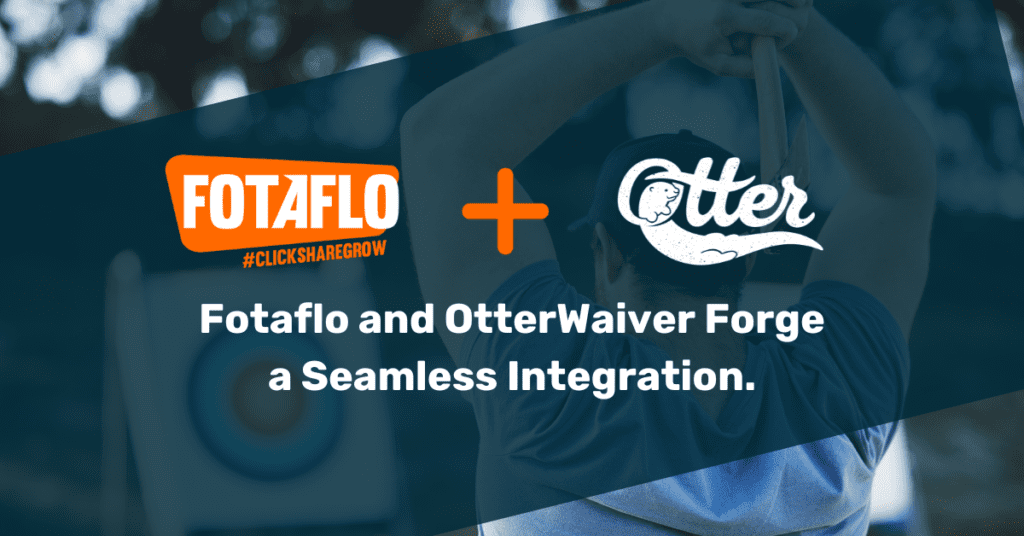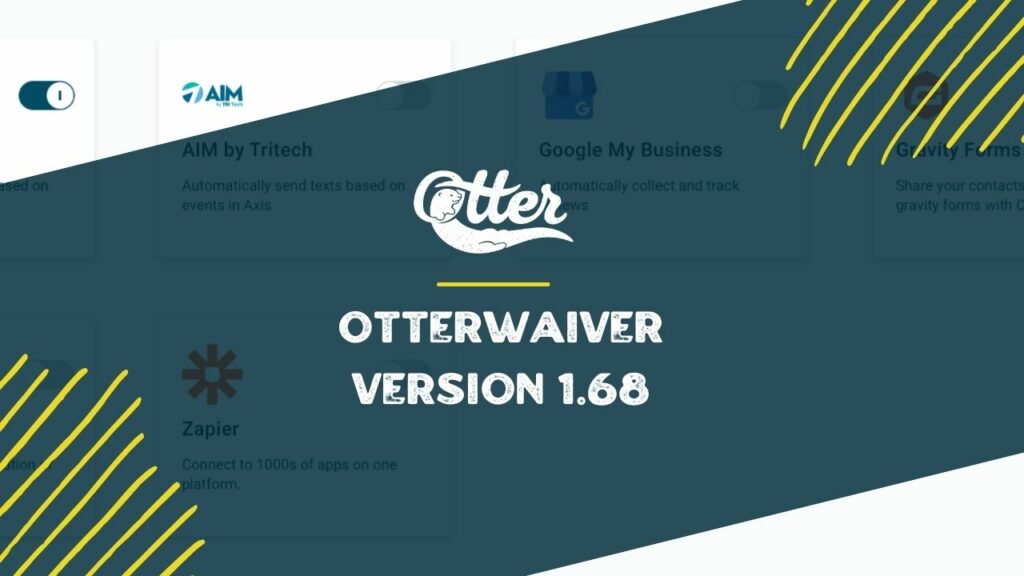It’s common for users to ask why they can’t require signers to initial each paragraph or section of a contract when using Otter Waiver. Many believe that having signatories initial every single section of a document is essential because that’s what their insurance or legal counsel requires. However, this requirement is based on non-compliant software or traditional paper contracts, which differ significantly from the secure and compliant e-signature feature provided by Otter Waiver.
What are Initials And Why Are They Used in Contracts?
Initials, shortened versions of a person’s signature, act as a form of authentication or preliminary approval for a document.
There are two primary reasons why initials are used in traditional contracts:
- Validation: Initials help ensure that all signatories have reviewed and agreed to the contents of each document page.
- Integrity: By adding initials, the integrity of a signed document is maintained, as it prevents any modifications or additions to the contract after it has been signed or initialed.
Professionals, including human resources managers, solicitors, real estate agents, and lawyers, often require document initials. This practice safeguards the signatories’ commitments.
However, it’s essential to note that the legal significance of initialing may differ based on the jurisdiction and the specific document. In some instances, initials might not carry legal weight but can still help support the validity of an agreement if a dispute arises.
The Problem with Noncompliant Software and Paper Contracts
When dealing with paper contracts and noncompliant waiver software, these documents must include essential features such as page numbers and signature fingerprints on every page. As a result, signatories must initial each section or page to confirm their agreement with the contract’s content. This practice is necessary because staples can be removed from paper documents, and pages can be easily separated or tampered with.
Noncompliant waiver software poses similar risks, as it needs to follow proper e-signature guidelines or provide an audit trail. In such cases, it’s crucial to have signatories initial each section, as there’s no guarantee that the entire document is bound together or that the signer has seen and agreed to every page.
How Otter Waiver and Other E-Signature Platforms Are Revolutionizing the Initialing Process
Compliant e-signature platforms like Otter Waiver offer a more efficient and secure way to sign documents and waivers. They create a unique digital fingerprint and page number for every page, making initialing unnecessary. The entire document is bound together, and pages cannot be separated, ensuring a more reliable and legally binding agreement.
Key Features of Compliant E-Signature Platforms
- Unique digital fingerprint: Each page is digitally fingerprinted, providing evidence that the signer has reviewed and agreed to the document’s contents.
- Page numbering: Every page is numbered, ensuring the document’s integrity and preventing pages from being removed or altered.
- Audit trail: Compliant e-signature platforms provide an audit trail that records the signing process and can be used as evidence in disputes.
Trusting Otter Waiver for a Streamlined and Secure Signing Experience
By using Otter Waiver, you can eliminate the need for initialing each section of a waiver while maintaining its security and integrity. The platform’s compliance with e-signature laws and including digital fingerprints and page numbers on every page ensure that your signed agreements are valid and legally binding.
Trust Otter Waiver for a streamlined, secure, and efficient signing experience, and leave the outdated practice of initialing each section behind. Try it for free!



